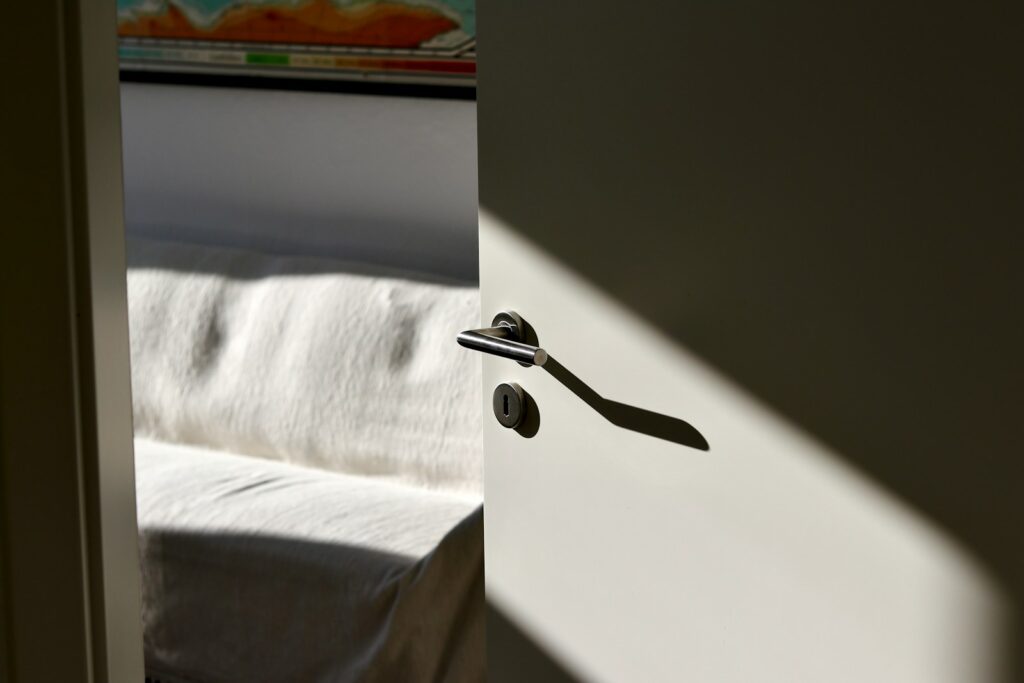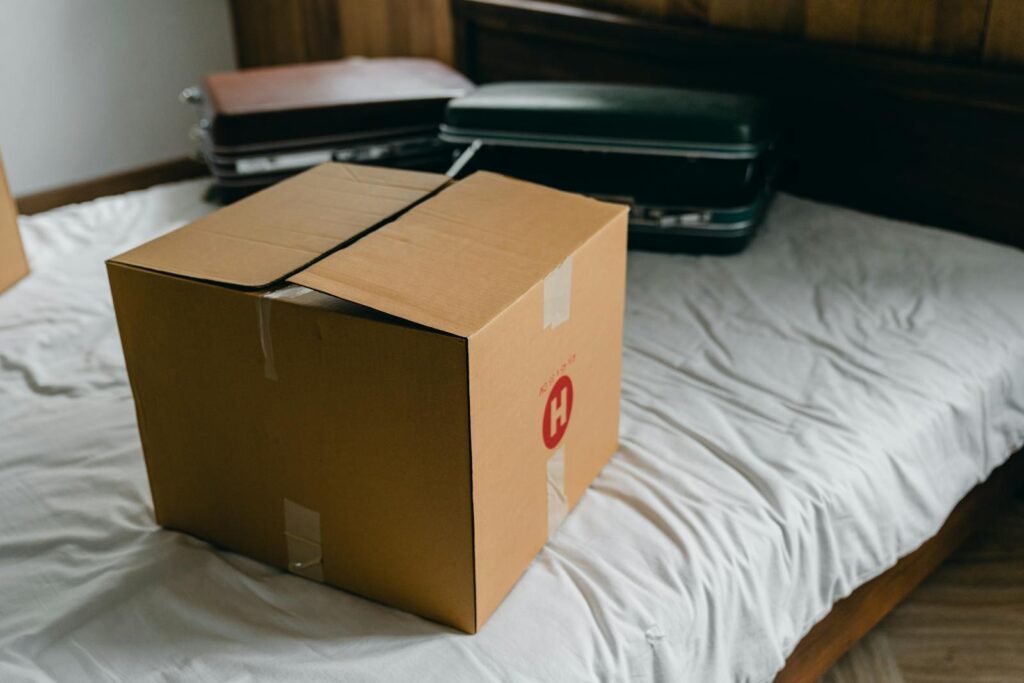Who wouldn’t love to save more money? But when it comes to managing household expenses, sometimes it feels like the bills are just too high to cut down. But have you ever thought about the small changes that could lead to significant savings?
By tweaking little things here and there, you can save hundreds of dollars each year. It’s not about making big leaps, but about making simple adjustments to your daily routine.
So, let’s look at thirteen small changes you can make today that will help you save more money in your household.
1. Switch to LED Light Bulbs

The first step towards saving is as simple as changing your light bulbs. Switching to LED light bulbs helps you reduce energy consumption and lowers your electricity bill. LEDs last longer than traditional bulbs, meaning you’ll also save on replacement costs.
2. Install a Programmable Thermostat

A programmable thermostat lets you control your home’s temperature optimally, reducing energy waste. You can set your heating or cooling system to work less when you’re not home, saving you money on your energy bills.
3. Cut the Cord on Cable

With the rise of streaming services, cable TV might seem redundant. By cutting the cord and switching to online platforms, you can significantly reduce your monthly entertainment expenses.
4. Plant a Vegetable Garden

Planting a vegetable garden is not just a hobby; it’s a smart way to save on grocery bills. Growing your own produce can help you reduce your food expenses while ensuring you have fresh vegetables at your disposal.
5. Reduce, Reuse, Recycle

Adopting the three R’s – Reduce, Reuse, and Recycle – can help you save money and do your bit for the environment. By reducing waste, reusing items, and recycling, you can cut down on unnecessary purchases and disposal costs.
6. Implement Energy-Efficient Appliances

Energy-efficient appliances might cost more upfront, but they can save you money in the long run. They use less energy and water, reducing your utility bills over time.
7. Make Use of Public Transportation or Carpooling

Public transportation and carpooling are cost-effective alternative to owning a car. You can save on gas, maintenance, and insurance costs. Not only will you save money, but you’ll also contribute to reducing traffic and air pollution.
8. Do-It-Yourself Home Maintenance

Minor home repairs and maintenance tasks can be done by yourself, saving the cost of hiring a professional. There are plenty of online tutorials that can guide you to do these tasks efficiently and safely.
9. Limit Eating Out and Opt for Home-Cooked Meals

Eating out frequently can drain your wallet faster than you think. Opting for home-cooked meals is not only cost-effective but also healthier. You’re in control of the ingredients and portion sizes, which can help you save even more if you’re on a specific diet.
10. Unplug Electronics When Not in Use

Did you know that your electronics consume energy even when they’re not in use? Unplugging electronics when they’re not in use or using a power strip to cut all power can help you save on your electricity bill.
11. Make your Own Cleaning Supplies

Commercial cleaning products can be expensive and often contain harmful chemicals. Making your own cleaning supplies with common household items like vinegar and baking soda can be a cost-effective and eco-friendly alternative.
12. Shop at Thrift Stores or Garage Sales

Thrift stores and garage sales are treasure troves for bargain hunters. You can find second-hand items in good condition for a fraction of the original price. Plus, you’re contributing to the reduction of waste and promoting recycling.
13. Use a Clothesline Instead of a Dryer

Using a dryer is convenient but it consumes a lot of energy. Opt for air-drying your clothes on a clothesline whenever the weather permits. You’d be surprised at how much you can save on your energy bill.
There you have it, thirteen small changes that can lead to big savings. Remember, it’s not about making big leaps, but about making simple adjustments to your daily routine. Start with one or two changes and slowly incorporate more as you get comfortable. You’ll be surprised at how these little tweaks can make a significant difference in your savings.
After all, like Dave Ramsey says, “A budget is telling your money where to go instead of wondering where it went.” Happy saving!
Before you go — if this inspired you, check out these readers-loved favorites:














